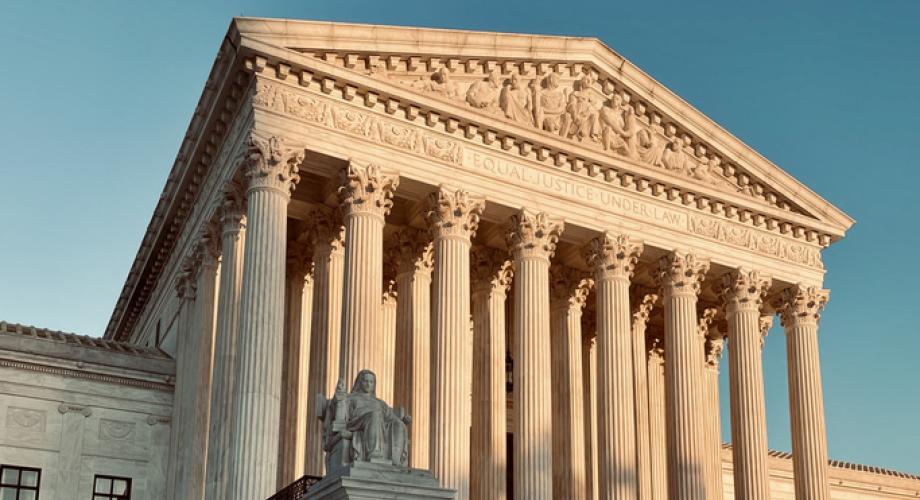In a February 8, 2024, unanimous opinion, the U.S. Supreme Court affirmed the Third Circuit’s decision that a person may file suit against a government agency under the Fair Credit Reporting Act (FCRA).
Reginald Kirtz filed a lawsuit in 2020 against the U.S. Department of Agriculture’s (USDA) Rural Development Rural Housing Service and others for reporting a delinquency on a loan account that was closed and paid in full. Kirtz filed suit in the U.S. District Court for the Eastern District of Pennsylvania after the USDA failed to fix the error on his credit report after he had alerted them. After the District Court dismissed the case, the U.S. Court of Appeals for the Third Circuit reversed its decision, ruling that the USDA did not have sovereign immunity under the FCRA. This decision relied upon a strict interpretation of wherein consumers can bring a lawsuit against a creditor for damages, costs and fees related to investigating and correcting inaccurate information reported to credit bureaus. While the lower court agreed with the USDA having sovereign immunity, wherein an entity cannot be held liable in court for legal wrongdoing, the Third Circuit disagreed. It also noted that Congress may waive this immunity by enacting certain laws.
The USDA petitioned the Supreme Court of the United States (SCOTUS) for a writ of certiorari in March 2023 hoping to overturn the Third Circuit’s ruling. The crux of the USDA’s argument was that waiver of sovereign immunity must be “unequivocal and unambiguous” and no such waiver exists in the FCRA. The question of sovereign immunity in this case relates directly to the consumer’s ability to file suit and seek resolution and damages for inaccurate credit reporting information. The Supreme Court ultimately agreed with the Third Circuit, holding that the FCRA contains a clear waiver of sovereign immunity. Its opinion detailed language in the FCRA which details the right of a consumer to file suit against “a person” who “willfully or negligently fails to comply” with requirements under the FCRA and further defines a person to include a government agency.
In its opinion, the Supreme Court addressed the importance of this question of sovereign immunity, citing a 2021 Consumer Financial Protection Bureau (CFPB) study showing 34% of Americans have errors in their credit report. Inaccurate and disputed reporting to credit bureaus is the topic of many Fair Housing Act (FHA) and FCRA lawsuits in the rental housing industry. The White House Blueprint for a Renters Bill of Rights highlighted this topic as a priority for the current administration.
The National Apartment Association (NAA) continues to follow relevant cases and legislation related to the FCRA and resident screening practices and is working closely with the Biden administration to provide insight into industry practices and methods through which owners and operators can address this pressing issue.
